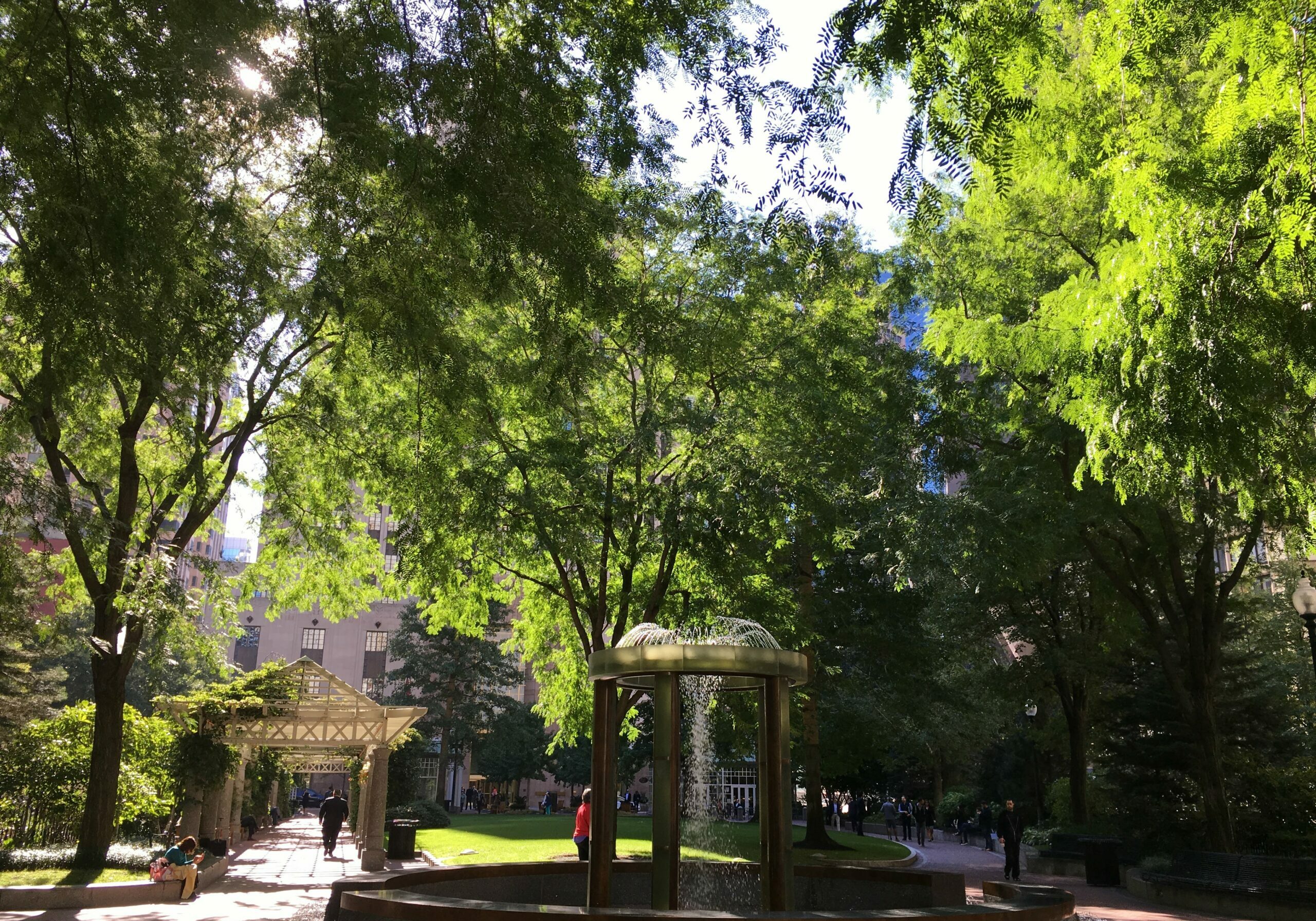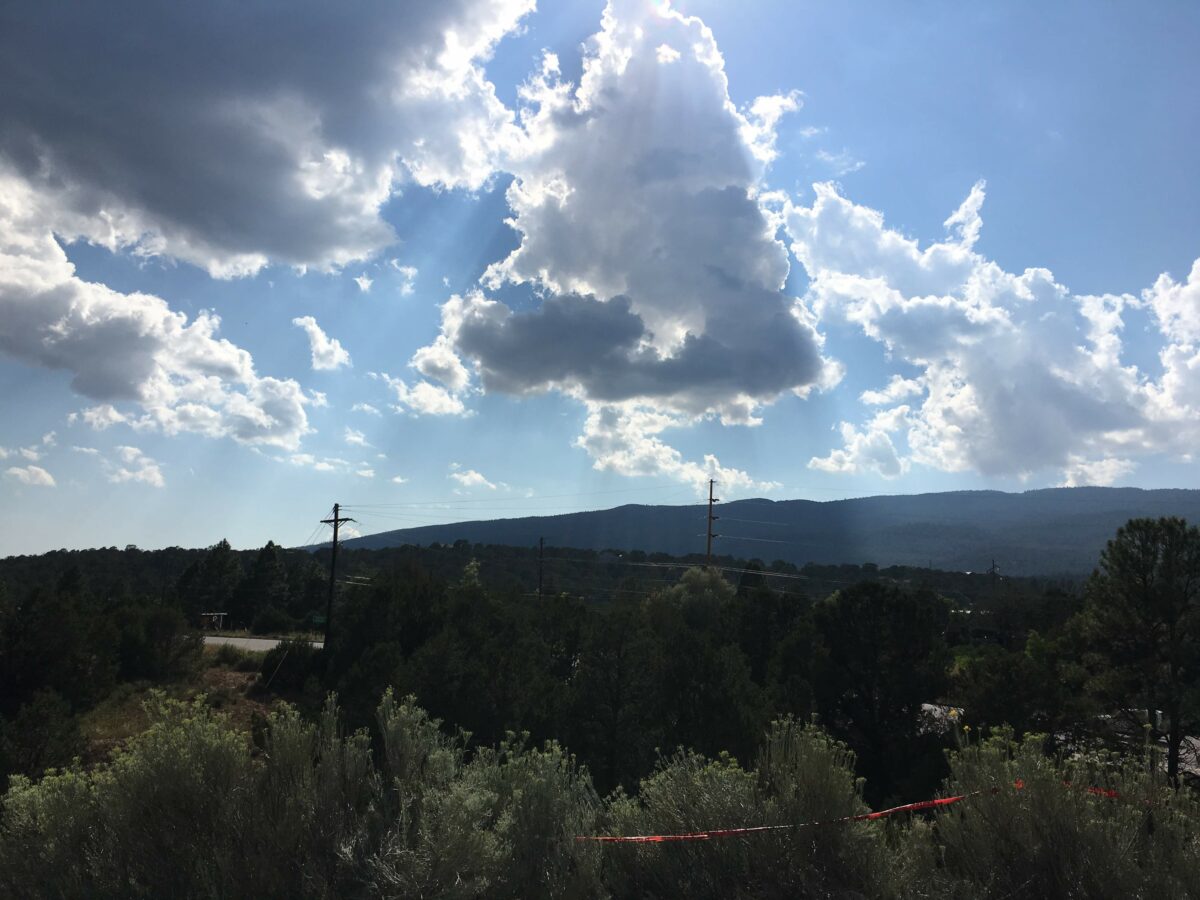June 12, 2023
I am a better human being for having attempted to build it

An assumption a something that’s accepted as true or as certain to happen, without proof.
Now, from a very young age, we have been told not to assume, since it supposedly makes an ass out of you and me.
Which is a very clever lesson that children think is hilarious.
But realistically speaking, it’s almost impossible to plan any project without making at least some assumptions. We never have all the answers. Most of life is educated guesses.
Nobody really knows how anything is going to go. To make assumptions is to be human. We form these beliefs based on previous experience and the information available to us at the time.
The key is assuming in a direction where if we’re proven false, the negative impact is minimal. Because there’s nothing worse than making an incorrect supposition that ends up crumbling an entire project.
Personally, I try to make naturalistic assumptions, where I’m honest, compassionate, but also protective about these beliefs that I can’t prove. That way all expectations stay out of the equation and I can focus on good process and high impact.
As an example, I once kicked off an exciting new project at my startup. We launched an interactive online masterclass for our customers. This curriculum was going to enable our customers to earn professional certification credits for their field, but also help our product get better positioning in the market.
And the good news is, people had been requesting this kind of educational material from us for years, so we were confident it was going to be well received. And since I have considerable in experience leading projects like this, I was excited to take the initiative and start building it.
But of course, project assumptions had to be made. The only way to overcome the cold start problem on an enterprise like this is to be a naturalist. Which means realistically and lovingly protecting my creative process by forming certain beliefs. Here is a collection of those that ran through my mind at the time.
See how many of them resonate with your approach to working.
First, resources.
I assume that there is a reasonable budget to build and promote this online learning program. And if anyone on the team has a problem with this investment, then I assume that begging for forgiveness once it’s done, will be easier than asking for permission before it starts.
This forces me to err on the side of generosity and momentum, rather than scarcity and perfection.
Assumption two is for delivery.
I assume that this project will take longer than I’d like it to complete. And if people break my balls about the timeline, then I will assume that it’s still coming together faster than anyone else could have done it.
This frees me to avoid putting undue pressure on myself, but also hustle while I wait.
The next assumption is scope.
I assume that as the snowball starts rolling down the hill, other people will want to add value to it. Which is wonderful. But I also assume that we can’t do everything under the sun on version one, otherwise we’ll never get it out the door.
This keeps my boundaries airtight so we can maintain a bias for speed and output.
Assumption number four is collaboration.
I assume that most of my coworkers are simply not going to help me with this project. They’re too busy doing their jobs to take on any additional work. Now, for the few folks who are generously willing to help, I’m grateful for their support.
But I also assume that their contributions are likely a one time, two time thing.
Fifth in my list of naturalistic assumptions is around technology.
I assume that the software, platforms, environments and infrastructure for my project are going to be imperfect, frustrating, and complex. I assume they will annoy me so goddamn much that I will want to rage quit multiple times.
Meanwhile, I assume it’s part of the journey and outside my sphere of control, so I will surrender to the machine, compromise where it makes sense, and keep moving this story forward.
Next assumption, the architecture of this project is going seem nonideal.
It I will almost certainly want to change how it looks, feels, and works the moment the first version goes live. That’s okay too. Because I assume this isn’t the final draft, merely an iteration.
Finally, the marketing category of assumptions.
Once I start spamming the world about our new thing, I assume that the vast majority of customers won’t care, and those who do, won’t share. And I’m not being pessimistic or cynical, it’s just math.
Anytime anyone makes anything, they compete with everything. This assumption eliminates any expectation that what I’m releasing into the world is going to change it.
Yes, that would be nice, I sincerely hope that’s what happens, and I’ll give this thing every chance I can to create lasting change. But my assumption is that the process of building the curriculum is its own reward. Both for me and our team.
There is very little downside to a project like this. I assume we’ll achieve minimum viable value quickly. Because launching this project is already win by virtue of its existence.
Finally, the last thing assumption relates to metrics.
I assume this project will be successful because failure does not exist. Not in my mind.
To me, failure is a construct that human beings invented to preserve the illusion of control. Failure is only real only for those who are always comparing themselves with others. I assume for all of my projects that there is no win or lose, there is only the path I’m on.
And I totally understand that managers and executives exist in this binary world where black and white metrics categorize all of our experiences as either wins or losses. But my assumption helps me live from a place of abundance.
Thirty years from today when my curriculum project is a mere blip on the memory of human consciousnesses, nobody will be able to change the fact that I am a better human being for having attempted to build it.
As you can see, assumptions don’t have to make an ass out of you and me. Sometimes they just help us maintain our sanity.
In my experience, as long as you believe in a direction where if you’re proven false, the negative impact is minimal, then what’s the problem?
If you want to focus on good process and high impact, make sure you’re honest, compassionate and protective about what you can’t prove.
What naturalistic assumptions about your current endeavor might liberate you?

